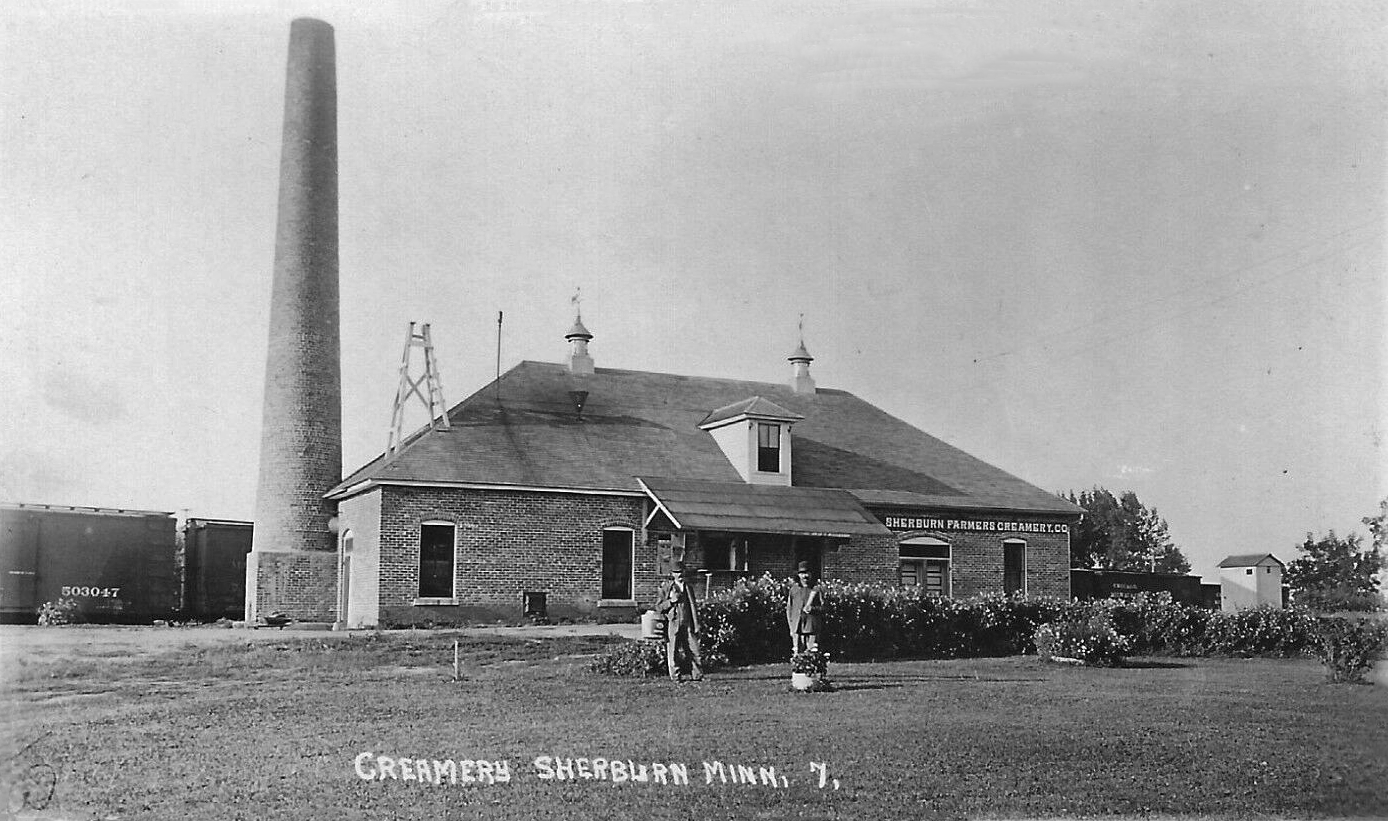

This shows that the only change this town and the people will have is the condition of getting worse. The river seems to be engulfing the homes and the town is getting smaller and smaller. Furthermore, Huck’s description of the homes by the river suggests the lack of hope within Bricksville and its inhabitants. He also connects the people of the town to dogs because the only thing that would bring the citizens out of their laziness is the opportunity to fight with someone weaker. Brickville’s backwards society is portrayed by Huck noticing the mud that the hogs and the people wallow in. Twain continually uses metaphors to enforce the state at which the town and its inhabitants look through Huck’s eyes. The town of Bricksville is a direct representation of the people that live within its boundaries and the quality of humanity that has collapsed. This infers that the citizens are lazy and not prideful in their belongings or themselves. Not only are the buildings poorly constructed of wood, but they are also unpainted and surrounded by mostly trash. The irony of the name Bricksville is apparent because the buildings are actually poorly assembled with wood. Twain introduces the town of Bricksville, Arkansa by describing its houses and stores. One of the many examples in “The Adventures of Huckleberry Finn” that depicts the influence of Huck’s observations and the corruption of humanity is the occurrence between the two citizens of Bricksville, Arkansas: Colonel Sherburn and Boggs. The reflection of Twain within his character Colonel Sherburn suggests that the average man is cowardice and society’s ignorance originates from its own leadership. Moreover, the entitlement of male domination and the audacity of white supremacy is portrayed through the corrupt leadership in “The Adventures of Huckleberry Finn. The novel attacks the authority of morality, church, social conventions, and literature. While the forefront of these problems involve slavery, it is obvious that the derivation comes from authority. Mark Twain’s “The Adventures of Huckleberry Finn,” explores Huck’s perceptive observations of the world.


 0 kommentar(er)
0 kommentar(er)
